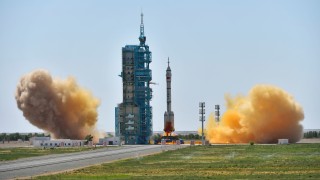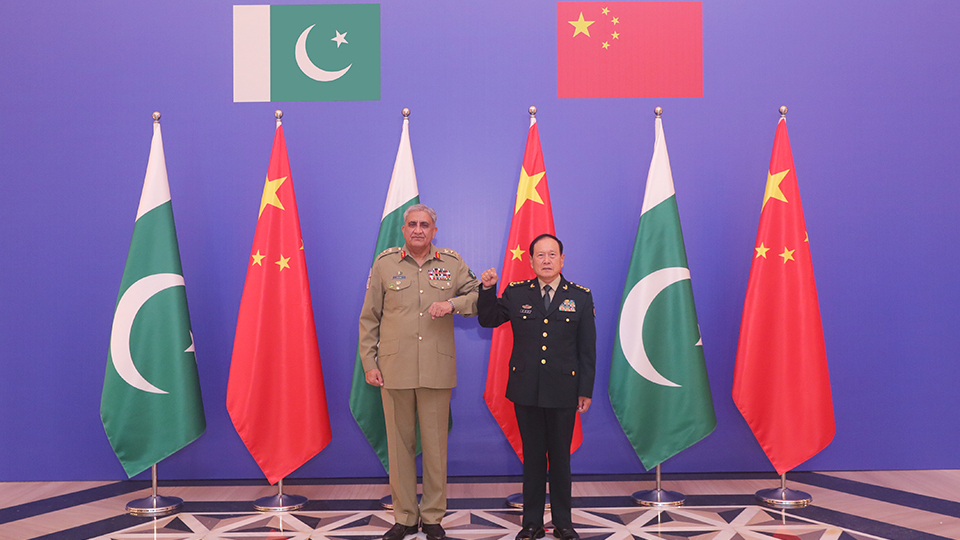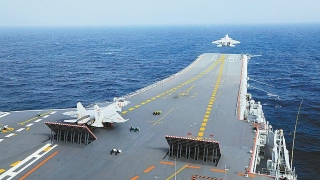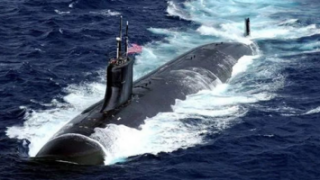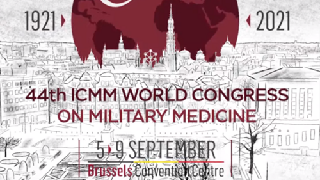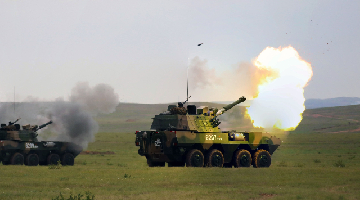
By Zhang Hui and Wan Hengyi
With the Biden administration revealing a new Arctic strategy, tension between the US-led NATO and Russia is building in the Arctic region as the US takes advantage of Russia's conflict with Ukraine to seize this geostrategic high ground and militarize and privatize the region with its allies, Chinese analysts said.
Biden's new strategy, citing the increasing strategic competition in the Arctic with China and Russia, actually aims to ensure the US' dominance and control in the region, analysts noted, stressing that the pressing task for the international community is to uphold the international system with the UN at its core and establish rules of conduct in the Arctic region, which will be the most powerful tool to deter the US from seeking hegemony there.
The US' new strategy for the Arctic region, an update of its 2013 predecessor, accounts for increasing strategic competition in the Arctic and seeks to position the US to both effectively compete and manage tensions, according to a statement by the White House on Friday, which mentioned both China and Russia.
The strategy said that the US will "deter threats" to the US homeland and allies by enhancing the required capabilities, while coordinating shared approaches to security with allies and partners.
The US' new Arctic strategy was released less than two months after the Biden administration announced plans to name an ambassador-at-large for the Arctic.
There is a direct correlation between the US' national strategy for the Arctic Region and the Russia-Ukraine conflict, said Cui Hongjian, director of the Department of European Studies at the China Institute of International Studies. Cui noted that tension between the US and Russia, and between NATO and Russia, is building in the Arctic Region.
After Finland and Sweden joined NATO, tension in the Baltic Sea will be escalated and will then extend to the Arctic region, Cui told the Global Times.
NATO Secretary-General Jens Stoltenberg warned in August about Russia's military buildup in the Arctic and China's increasing interest in the Far North, hyping the threats posed by the two countries, media reports said.
Yang Xiyu, senior research fellow at the China Institute of International Studies, told the Global Times on Saturday that the US has been trying to expand its interests and taking control of the Arctic, while Russia was busy with its conflict with Ukraine.
The US has been politicizing China's and Russia's activities in the Arctic and using the "increased competition" as an excuse in trying to control the region after seeing its increasingly prominent economic and military value, analysts said.
China, as a "Near-Arctic State," has vowed to participate in Arctic affairs in accordance with the basic principles of "respect, cooperation, win-win result and sustainability."
China would like to build and maintain "a just, reasonable and well-organized Arctic governance system," according to a white paper on China's Arctic policy released in 2018.
The melting Arctic has provided economic opportunity as well as a shortcut for the use of strategic weapons, and the US has attempted to control this shortcut to strategically suppress and even attack China and Russia, Yang said.
US media has also noted Biden's strategy for countering China and Russia. The Hill reported on Friday that the US' strategy called for more military exercises to counter the two countries, and it said the US already has "more than 22,000 active-duty troops in Alaska, with a base in Denmark-ruled Greenland."
The report claimed that the US has increasingly looked to the Arctic as an area "where military activity will likely grow," and the Pentagon established an Arctic Strategy and Global Resilience Office in September.
Yang said that the US is likely to militarize and privatize the region in future moves with its allies in the NATO, pushing the region to a dangerous crossroad.
That makes forming international rules on peacefully developing the Arctic an urgent task for the international community, analysts said, noting the rules should guarantee that the Arctic is a public region rather than the private asset of some countries, and that development and cooperation in the region should be peaceful and equal.
